
Kids once roamed neighborhoods unsupervised, raced down hills on bikes, and faced consequences without a safety net. Although seen as reckless acts, this shaped them into confident, resilient adults. Keep reading to discover the forgotten traditions that once taught children to face fear and grow with grit.
Walking To School Alone Without Supervision
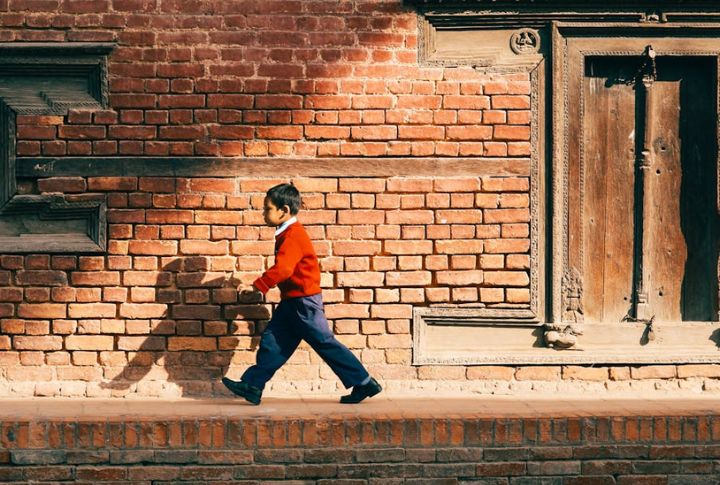
How far did you walk to school as a kid—half a mile, maybe more? In 1971, a notable portion of children aged 6–11 engaged in these activities free of adult supervision. Every day, independence quietly built resilience and courage long before GPS trackers and minivans took over the morning routine.
Settling Playground Fights Without Intervention
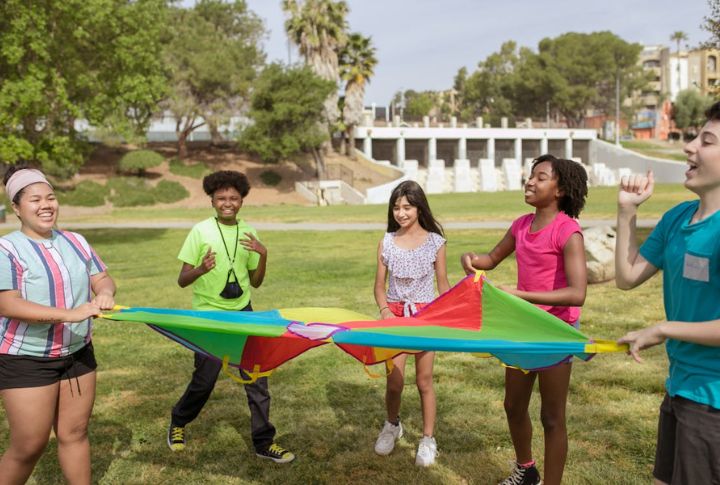
No teacher intervened when tensions flared at recess. Children learned how to speak up for themselves or give in politely; both are essential life skills. Conflict resolution came through experience and not from a handbook. The lessons were immediate, usually messy, but deeply formative in shaping personal grit.
Roaming The Neighborhood On Bikes Until Sundown
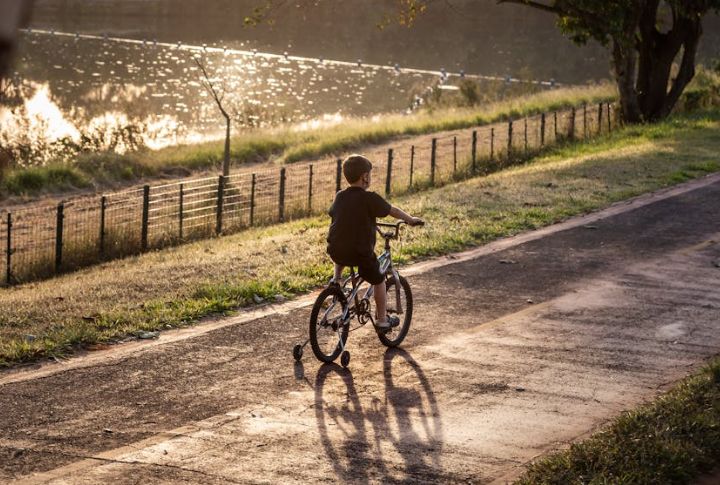
Bike wheels spun through uncharted backstreets and empty fields—no check-ins, no supervision. Kids in 1970s America had more freedom to explore, unlike today’s children, who are more closely supervised. Trusting kids to explore gave them courage, and the open road always taught more than any classroom could.
Doing Chores With Real Responsibilities Attached
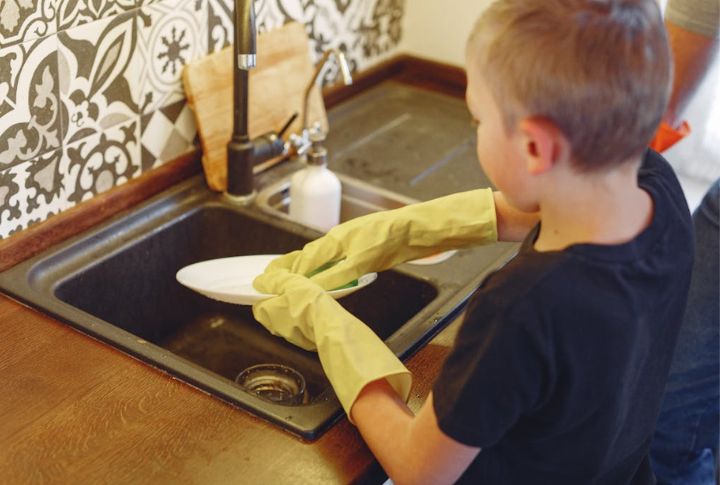
Scrubbing floors, mowing lawns, even managing younger siblings: all were expected, not praised. A University of Minnesota study confirmed that chores in early childhood correlate with future success. Instead of stickers or screen time, the reward was knowing your role mattered. Such a sense of contribution sharpened accountability and inner strength.
Playing Contact Sports Without Parental Interference
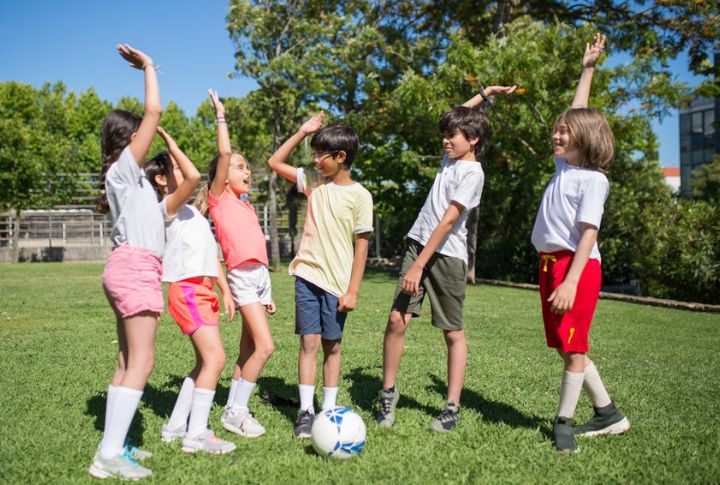
Rules were usually made up on the spot, and bruises weren’t cause for panic. Kids managed fairness and teamwork without coaches or sidelines full of adults. Also, games like tackle football taught grit through grit. Those unscripted moments built courage by demanding physical and emotional resilience in real-time.
Climbing Trees And Building Forts With Found Materials
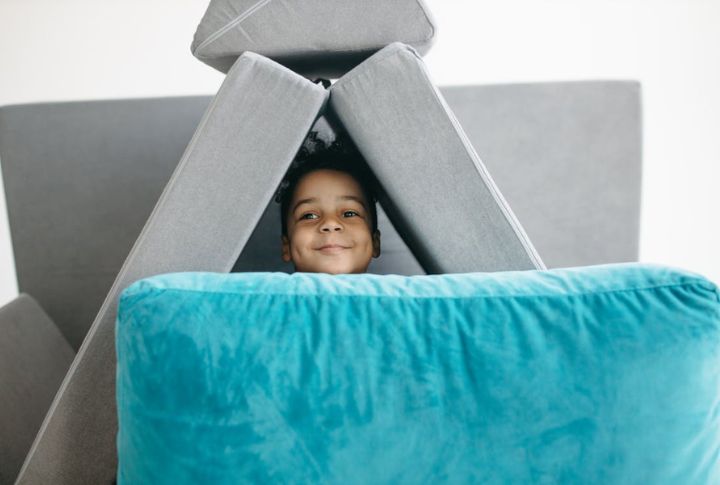
Wooden planks and a little imagination once turned vacant lots into kingdoms. Risk was managed by kids, moment by moment, instead of being eliminated. Developmental psychologist Dr. Mariana Brussoni emphasizes the importance of risky play in developing decision-making skills and bravery. Children grow stronger by testing boundaries, not by being shielded from them.
Facing Consequences Without Parental Rescue

Back then, if you talked back to a teacher or annoyed a neighbor, you were expected to deal with the consequences yourself. No parent stepped in to smooth things over or defend you. That hands-off approach meant kids learned early to take responsibility. According to Pew Research, delayed independence often weakens maturity in later stages of development.
Camping Without Electronics Or Safety Gear Overload
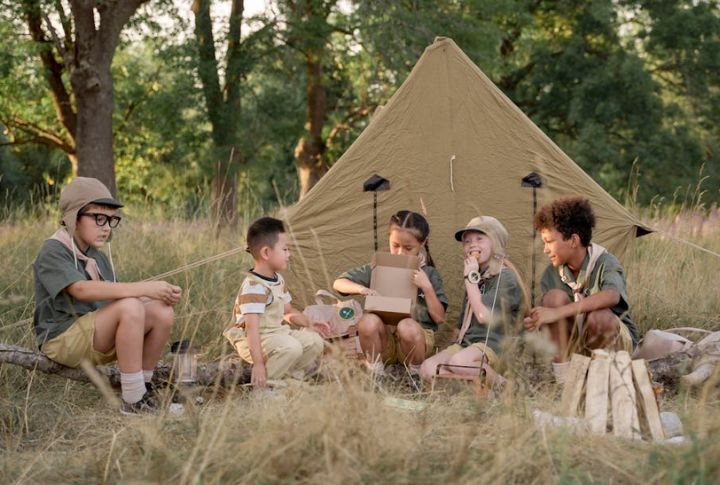
Campouts forced kids to adapt and rely on others instead of relying on screens. Without GPS or smartphones, instincts and cooperation were the most important factors. Also, storms and forgotten flashlights weren’t problems—they were part of the adventure. These outdoor trials toughened children in ways padded gear and helicopter adults never could.
Volunteering For Awkward Or Unwanted Roles

Class representative, school mascot, hallway monitor; someone had to do it. Courage sometimes meant stepping forward while others shied away from the spotlight. These small roles demanded humility and confidence, and those who volunteered mostly became the quiet leaders later, willing to try, fail, and try again.
Using Public Transit Solo Before Age 13
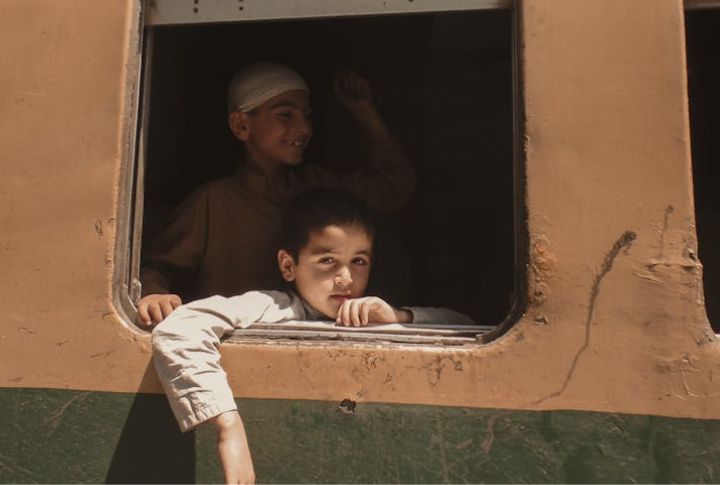
A ride to the library or mall once involved real-time decisions. In the U.S., it was once common for preteens to get around on their own—walking to school or running errands—as such freedom was considered a natural part of growing up. Navigating unfamiliar routes, unassisted, instilled independence and the courage to trust one’s own judgment
